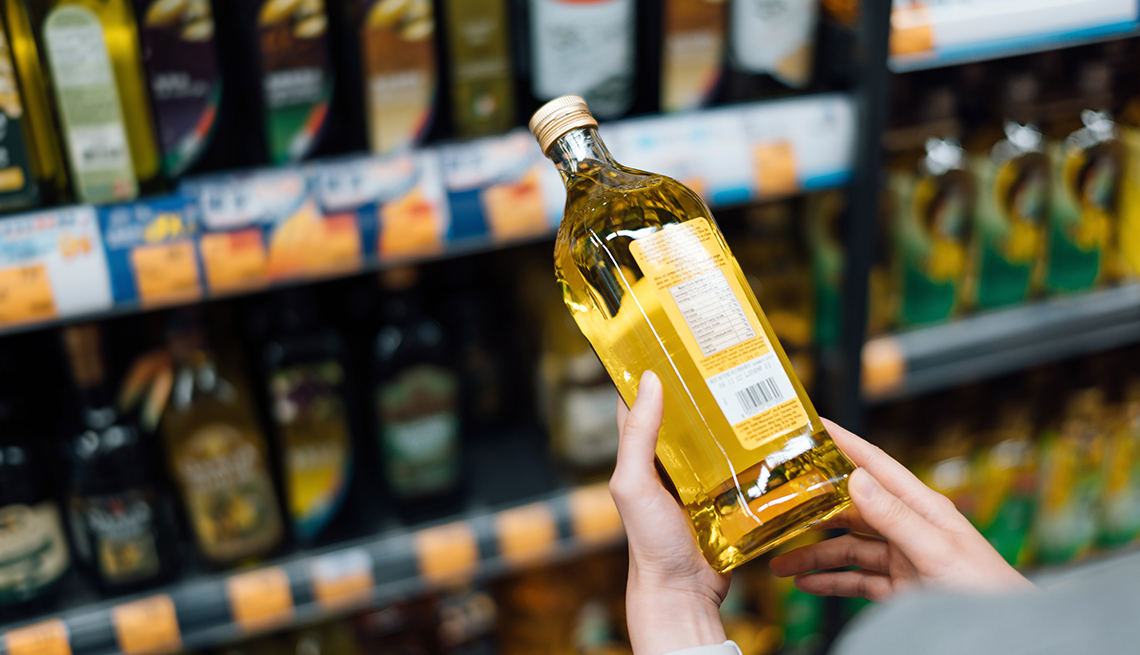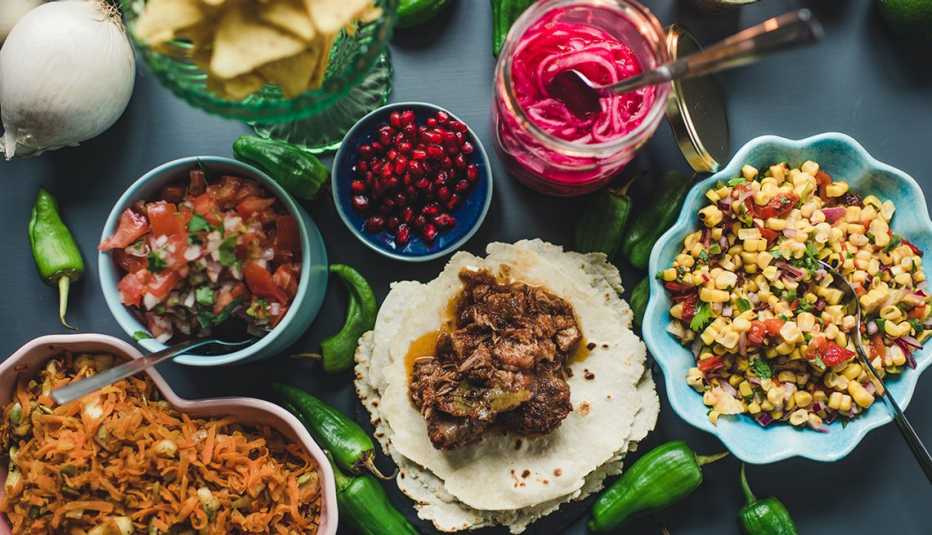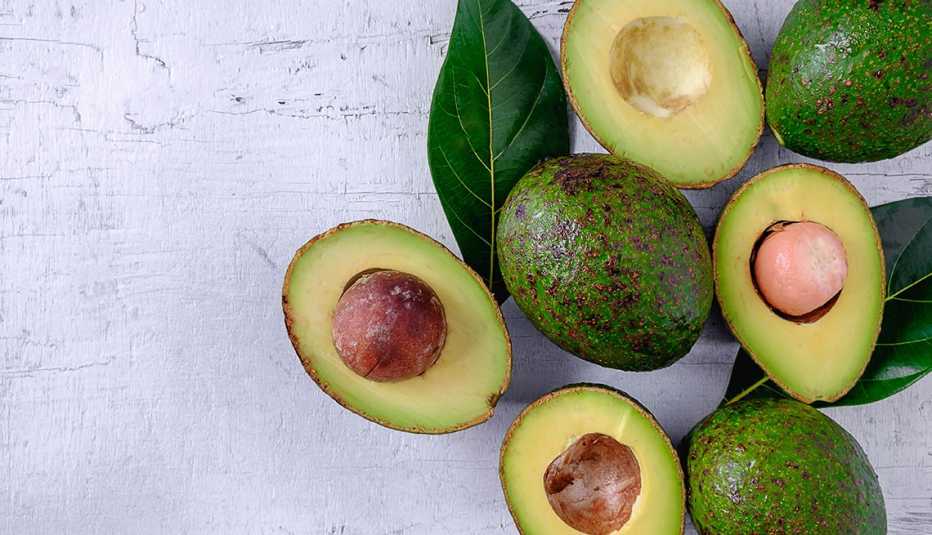AARP Hearing Center
Most Americans by now have gotten the message to cook with healthy oils rich in unsaturated fat, not butter or lard. A raft of research has revealed that replacing saturated fats with plant-based oils can lower your risk of heart disease, cancer and other health problems, adding years to your life.
Yet many of us are still lost when it comes to choosing a healthy oil.
How healthy are newer, trendy types of oils such as avocado and flaxseed? Is cold-pressed oil better than refined? And what’s the deal with coconut and canola oil?
“Walking down the supermarket aisle now, there are endless amounts of oils to choose from,” says Keri Gans, a registered dietitian, podcast host of The Keri Report and author of The Small Change Diet. “It can definitely be overwhelming for the consumer.”
Adding to the confusion: conflicting studies about the health benefits of different oils, an overall lack of regulation when it comes to oil quality, and disagreement among experts about which oils truly are the best for health.
Below, nutrition experts share their best advice on how to choose oils and maximize their health benefits.
1. Avoid coconut and palm oil.
Most nutrition experts agree: It’s best to avoid oils with high amounts of saturated fat, like palm oil and coconut oil. Studies have linked saturated fats with high cholesterol and heart disease. The American Heart Association recommends oils with less than 4 grams of saturated fat per tablespoon. Despite some hype in recent years around coconut oil and possible ties to brain health, no large-scale studies have been able to prove any benefits. Coconut oil is about 90 percent saturated fat — a higher percentage than even butter. Although some studies have found that the fats in coconut oil (called medium-chain triglycerides) can boost good HDL cholesterol levels, they also raise bad LDL cholesterol, clogging arteries and potentially contributing to heart disease.
“Think of it like butter or any other saturated fat — and try to limit it,” says Noah Quezada, a registered dietitian and founder of Noah’s Nutrition.
2. Choose plant-based oils rich in unsaturated fat.
Oils extracted from plants that are rich in polyunsaturated or monounsaturated fat are the best choice, according to the Centers for Disease Control and Prevention and the American Heart Association.
Both polyunsaturated and monounsaturated fats have been linked to a lower risk of cardiovascular disease, particularly if they are used in place of saturated fats. They can improve blood cholesterol levels, ease inflammation and stabilize heart rhythms.
The heart association suggests the following cooking oils, which meet its health standards: canola, corn, olive, peanut, safflower, soybean and sunflower, as well as specialty oils like avocado, grape-seed and sesame.
Shilpa Bhupathiraju, an epidemiologist who teaches nutrition at the Harvard T.H. Chan School of Public Health, says those oils are all healthy choices. She recommends using different types, depending on what type of cooking you are doing and what taste you’re aiming for.
“In general, variety is a good strategy to use in nutrition,” Bhupathiraju says.
3. Make extra-virgin olive oil your go-to.
Other experts have a clear favorite when it comes to healthy oils: extra-virgin olive oil.






































































